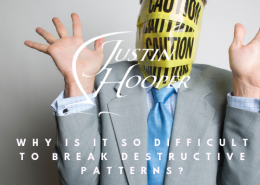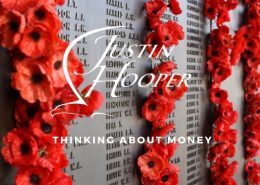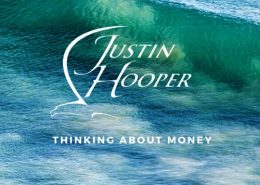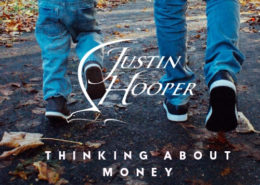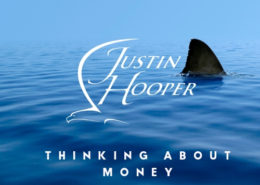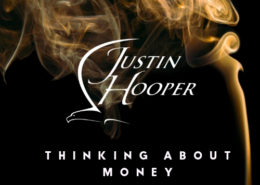During British colonial rule in India, the government began to worry about the number of deaths caused by wild animals and in particular, venomous snakes. The government of the day decided to solve the problem by offering a reward for every cobra brought in to be killed.
Indian citizens didn’t take long to take advantage of the system and began breeding cobras. By the time the incentive was withdrawn, there were more cobras than at the start.
WHAT IS FEARED BECOMES THE FOCUS, AND THEN OFTEN THE OUTCOME
The Great Depression was a traumatic time and left a lasting impact on many who lived through it. Understandably, they feared ever having to live like that again.
These people, nowadays mostly over 70 years old, have always been extremely frugal in their spending and conservative in their investing. Even those who are in their 80’s and have more capital, remain frugal – keeping their money “for a rainy day”.
The irony is that by so badly wanting to avoid losing money, they have consistently worried about it and by being so frugal and conservative, lived materially inferior lives (compared to what they could have lived).
PREVENTING FEAR BECOMING REALITY
So how do you prevent being the cause of your fear becoming your reality?
The British in India should probably have just accepted that cobras were a potential risk but statistically, not a very big one. Understanding more about cobra’s habits and the circumstances under which they became more dangerous would have reduced their anxiety – as education always does. And lastly, having a medical emergency plan to deal with bites.
Human beings are almost hardwired by the time they reach adulthood. It becomes very difficult to change, even when the desire is strong. Money, and their relationship with money, largely exacerbates this hard-wiring, especially when emotions are piqued.
A drop in the value of assets, and the corresponding emotional stress that is triggered, is just such a time. For some investors during this time, they lose control in their panic to protect their lifestyle, and by their actions, they create their nightmare.
THE MORE LIKELY AN EMOTIONAL REACTION, THE MORE NECESSARY A PLAN OF ACTION
Just like the British, investors who are susceptible to these types of emotional responses, should first, accept the fact that prices will fluctuate, then gain more understanding about how often it happens, how long it takes to recover, how to reduce the impact, and finally, have a plan to deal with an emergency, no matter how remote.
The answer is not to pretend the fear doesn’t exist or that’s it’s totally unreasonable. Either would result in more anxiety and ultimately, worse decisions. It’s preferable to accept the concern and treat it with ‘respect’. But at the same time, it’s useful to keep it in perspective. There are no absolute guarantees, but gaining a realistic understanding of the probabilities and mapping out a worst-case scenario goes a long way to remove the possibility of poor decisions.
I have personally found that when I stopped killing spiders and bugs, I began to fear them less. We fear what we don’t understand.
 https://sentinelwealth.com.au/wp-content/uploads/2023/10/goals-are-for.png
500
500
Justin Hooper
https://sentinelwealth.com.au/wp-content/uploads/2016/06/sentinelwealthlogo-300x138.png
Justin Hooper2023-10-30 11:48:032023-10-30 12:03:47Goals are for people who want to win once
https://sentinelwealth.com.au/wp-content/uploads/2023/10/goals-are-for.png
500
500
Justin Hooper
https://sentinelwealth.com.au/wp-content/uploads/2016/06/sentinelwealthlogo-300x138.png
Justin Hooper2023-10-30 11:48:032023-10-30 12:03:47Goals are for people who want to win once
















